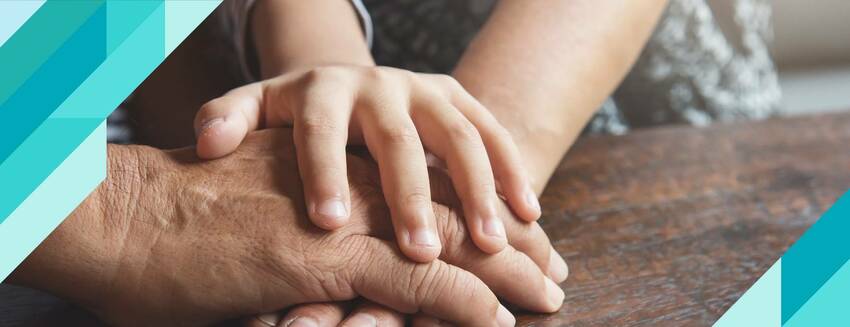- E-Magazine
Üsküdar University NPISTANBUL Brain Hospital Psychiatry Specialist Assoc. Prof. Dr. Gül Eryılmaz noted that directing addictive behaviors due to Ramadan can be an important step in the fight against addiction.
Contents
Ramadan greatly affects individuals' daily routines. People who smoke and drink alcohol change their habits during Ramadan. "The fact that addictive behaviors can change in this month should be seen as an important opportunity," says Assoc. Prof. Dr. Gül Eryılmaz, noting that an important step can be taken for addiction treatment with medical support.
Üsküdar University NPISTANBUL Hospital Psychiatry Specialist Assoc. Prof. Dr. Gül Eryılmaz noted that directing addictive behaviors due to Ramadan can be an important step in the fight against addiction.
Ramadan can change addiction habits
Stating that Ramadan can affect the change of human behavior, Assoc. Prof. Dr. Gül Eryılmaz said, "When we look at eating habits, worship habits, sleeping habits, etc., it can basically change habits that can be difficult to change and bring new order. The main source of all these can be thought to be the pleasure and peace brought by spiritual satisfaction and reward in the social network."
"Alcohol, drugs and other behavioral addictions and habits can be changed in this context. Mental processes are the most important biologically based mechanisms that affect our behavior. The different coding of this mechanism during this month may also change addiction habits. On the other hand, the increase in other people's willingness to help within a social network; the motivation to understand, tolerate and provide material and moral support to others is also important."
"Not drinking alcohol for 1 month does not mean that the person is not addicted"
"Some patients do not consume alcohol during Ramadan; however, some people who stop drinking alcohol continue to drink alcohol intensively as soon as Ramadan ends," said Assoc. Prof. Gül Eryılmaz,
"This is an objectionable situation. Individuals who do not drink alcohol during Ramadan and who restrain themselves from drinking alcohol are more likely to believe that 'I am not addicted to alcohol since I did not drink alcohol during this period' and make the wrong interpretation that 'I did not drink for a month, if I were addicted I would not be able to stop'. However, as soon as Ramadan ends, alcohol intake is sometimes intense. According to addiction criteria, not drinking alcohol for a month does not mean that the person is not addicted."
"It is an important opportunity to change addiction habits in this month"
Üsküdar University NPISTANBUL Hospital Psychiatry Specialist Assoc. Prof. Dr. Gül Eryılmaz said, "It is useful to see the increase in psychological resources during Ramadan as an opportunity" and concluded her words as follows:
"The fact that addictive behaviors can change in this month should be seen as an important opportunity. At the same time, it may be important for perhaps the most important initial stage of addiction treatment with medical support."


























